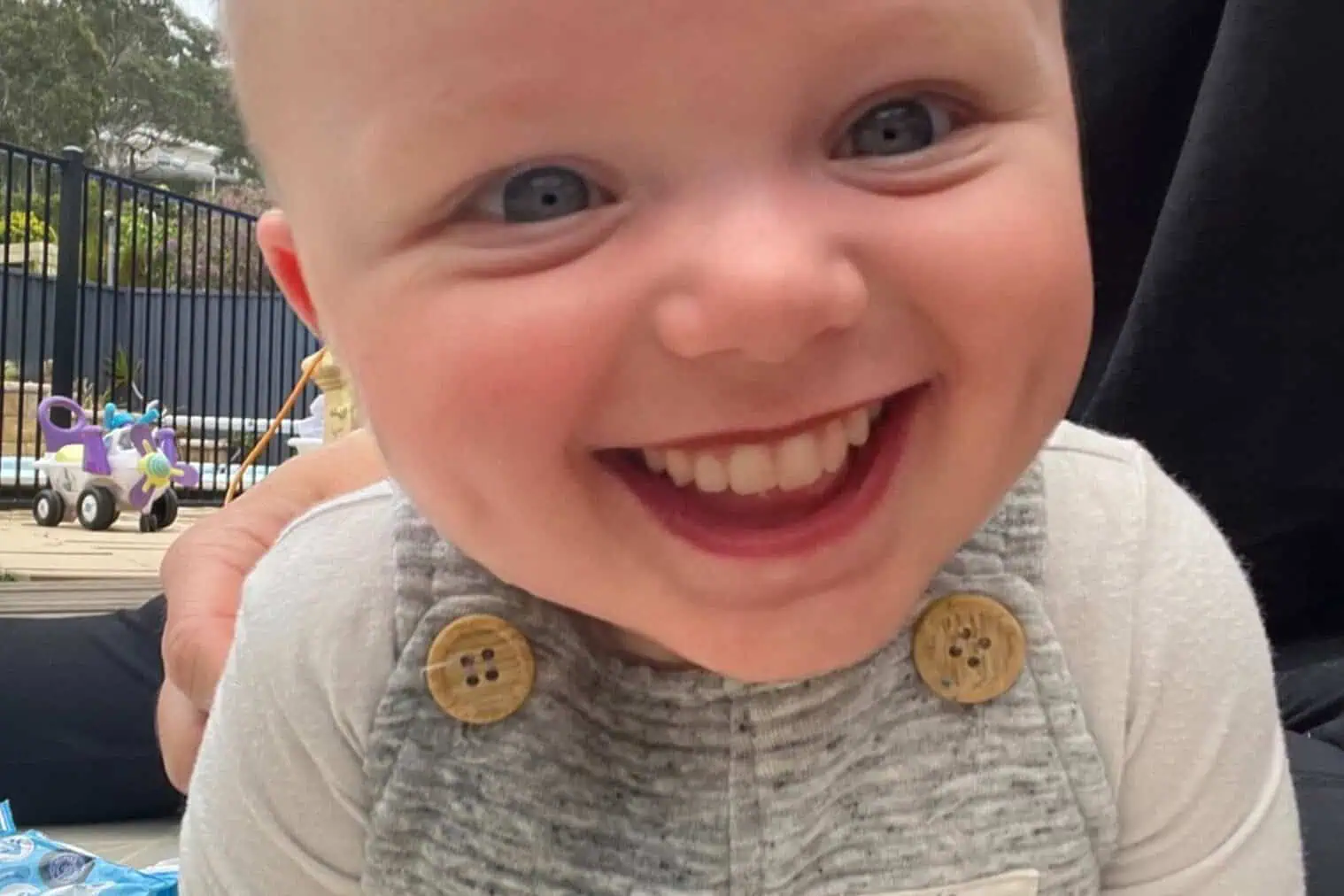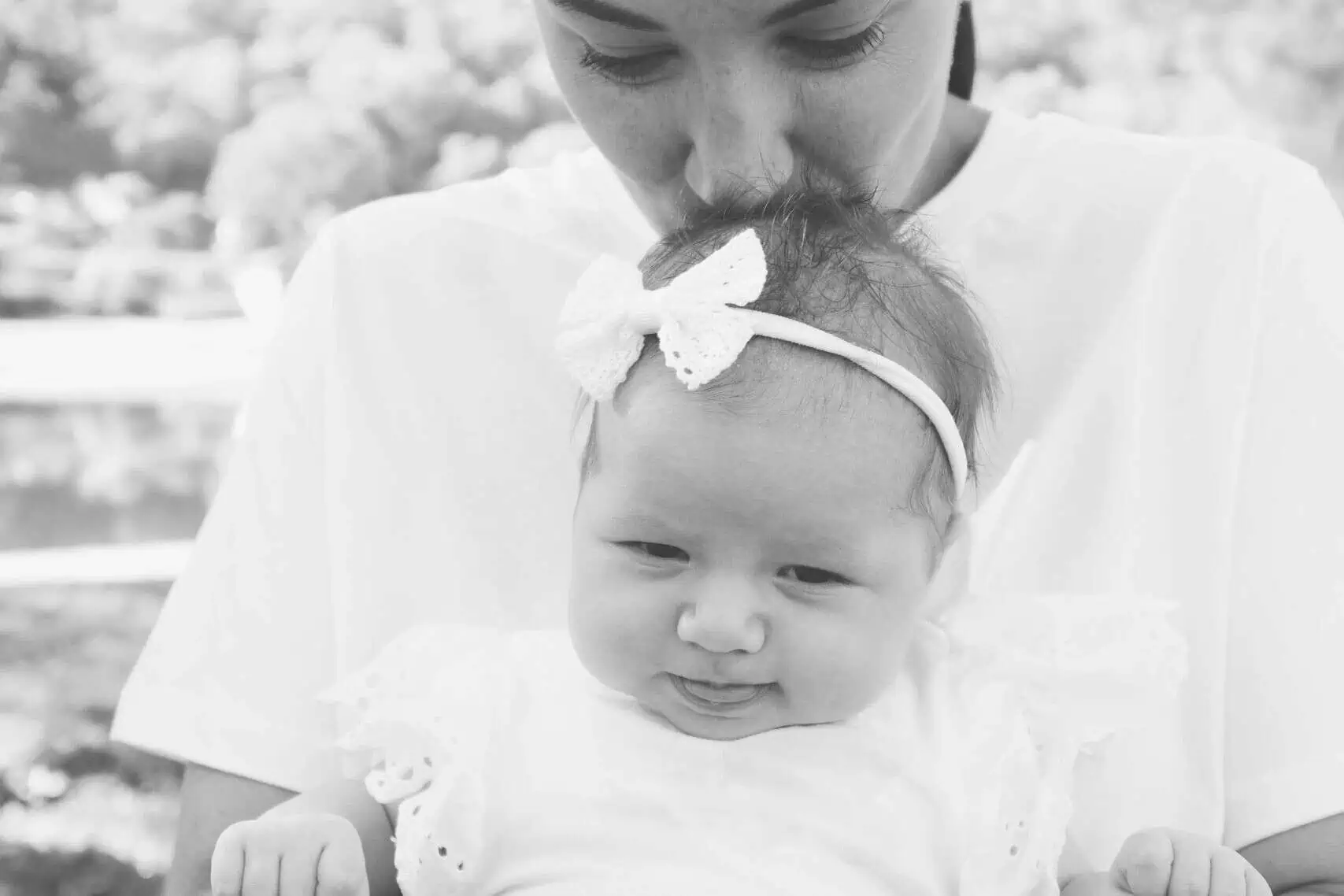The Truth About Teething and Sleep: What You Need to Know
As a Sleep Consultant, I often hear it: “My baby is teething, and that’s why they’re not sleeping.” It’s easy to see why teething gets blamed for many sleepless nights. After all, the sight of swollen gums and the sound of a fussy baby can make us believe that teething is the culprit. But is it really? Let’s take a closer look at the facts surrounding teething and sleep and why waiting for teething to be over is not the best strategy when it comes to sleep training.
Does Teething Really Hurt?
Yes, teething can cause discomfort. As those little teeth push through the gums, some babies experience swollen, tender gums, which may lead to irritability. However, the pain from teething is often short-lived and comes in spurts rather than lasting for weeks or months at a time. According to the American Academy of Paediatrics, teething typically causes minor discomfort, but not enough to disrupt a baby’s life long-term or interfere with their ability to sleep consistently.
Can Teething Keep Babies Awake at Night?
While a baby cutting a tooth may have the occasional rough night, teething is not the reason why babies wake up multiple times a night for weeks or months. Teething might lead to a cranky night or two, but if your baby has been waking frequently over a long period, something else is likely going on, such as sleep associations or a lack of proper sleep routines.
Sleep training and helping your baby establish good sleep habits will ensure that minor disruptions—like teething—won’t lead to months of sleepless nights. The National Sleep Foundation supports this, explaining that babies who have learned to self-settle will generally go back to sleep, even when dealing with temporary discomfort like teething.
How Long Does Teething Last?
Teething is a gradual process that starts around six months of age and can continue until the age of two or even three. That means if you wait for all teething to be over before committing to a solid sleep training routine, you could be waiting years! During this time, other factors like developmental milestones or growth spurts may also occur, so it’s important not to let teething be the excuse for delaying sleep training.
Teething is Not a Good Excuse to Avoid Sleep Training
It’s easy to fall into the habit of blaming teething for ongoing sleep issues (or any rough time your baby has!), but the truth is, teething is not the reason your baby is waking multiple times every night for weeks or months. The real key to long-term sleep success is consistency. If you wait until your baby’s teething is finished, you’ll likely be waiting for over two years.
A Few Tips for When Baby Is Cutting a Tooth
Here’s the good news: if you’ve already established healthy sleep foundations, your baby will get back on track quickly. Here are some tips to help manage teething while staying consistent with sleep routines:
- Use Safe Teething Remedies: You can soothe your baby’s gums with a cold teething ring or gently rub their gums with a clean finger.
- Stick to the Routine: Even if your baby has a fussy night due to teething, maintain your regular bedtime routine. Babies thrive on consistency, and continuing with your sleep training methods will help them get back on track faster.
- Offer Comfort, Not Crutches: If your baby seems uncomfortable during teething, offer comfort in the form of a soothing voice, gentle patting, or holding—but avoid introducing new sleep crutches like feeding or rocking to sleep. These can disrupt their ability to self-soothe.
- Keep Perspective: A bad night here and there might be blamed on teething, but as long as you stay consistent with your routines, your baby will likely return to their normal sleep patterns in just a few nights.
Final Thoughts
In short, teething may cause some temporary disruptions, but it is not the root cause of ongoing sleep issues. By sticking to healthy sleep habits and routines, your baby will be able to navigate teething with only minimal disruption to their sleep. So don’t let teething become the excuse to avoid sleep training—your baby (and you!) deserve and need the rest.
Sources:
- American Academy of Paediatrics
- National Sleep Foundation
Related Posts
16 August 2023
4 Sleep Tips To Improve Your Baby’s Sleep
28 November 2023
The Role of Consequences in Parenting
17 October 2023




